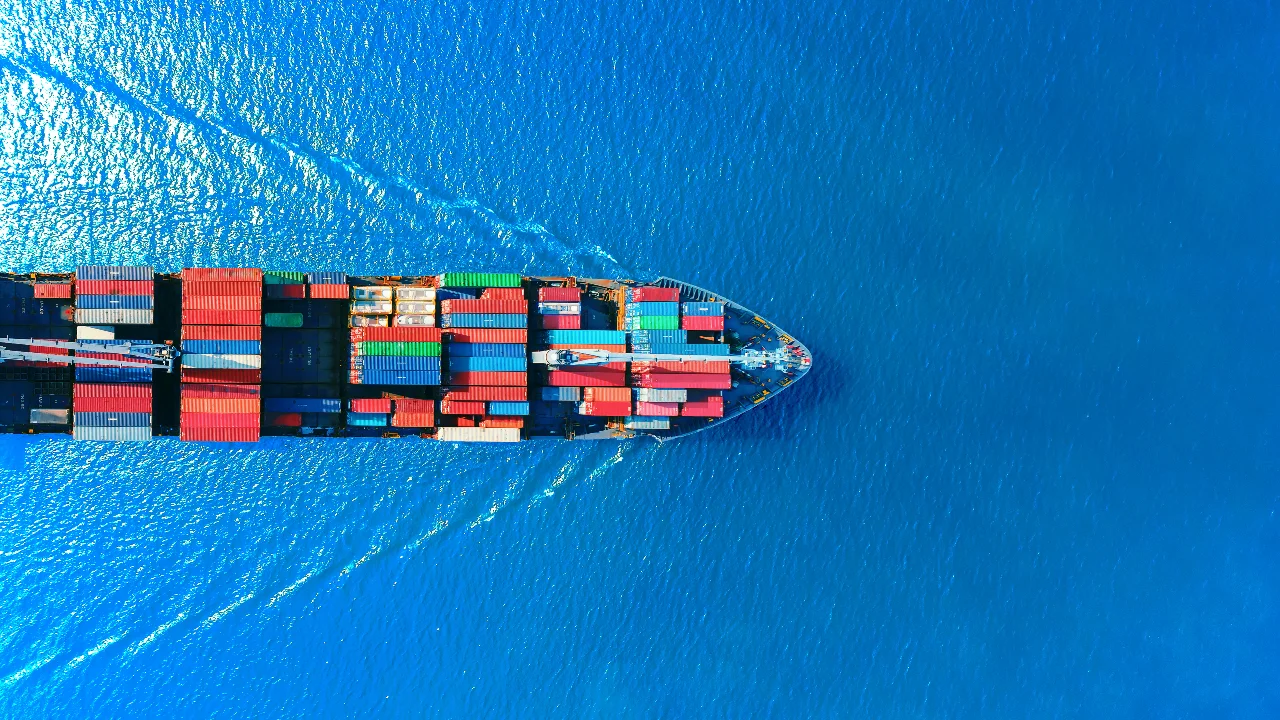Inflation is an economic term that describes the rise in the general price level of goods and services over time. When inflation occurs, it reduces the purchasing power of money, which means that the same amount of money can buy fewer goods and services than before. In this article, we will explore the effects of inflation on the economy and how it impacts individuals, businesses, and governments.
One of the main effects of inflation is that it can reduce the value of savings and investments. If the inflation rate is higher than the interest rate on savings, the real value of savings will decrease over time. This can discourage people from saving and investing, which can lead to a reduction in the overall level of economic activity.
Moreover, inflation can also lead to a decrease in the purchasing power of consumers. When prices rise, people have to pay more for the same goods and services, which can reduce their standard of living. This can be particularly challenging for low-income households, as they are often the most vulnerable to price increases.
Inflation can also have a negative impact on businesses. As the cost of raw materials, labor, and other inputs increases, businesses may be forced to raise their prices to maintain their profit margins. However, if consumers are unable or unwilling to pay the higher prices, this can lead to reduced sales and profits.
Additionally, inflation can lead to a decrease in the value of the currency, making imports more expensive and exports more competitive. This can lead to a decline in the trade balance, which can have a negative impact on the overall economy.
Finally, inflation can also have an impact on government finances. If inflation leads to a decrease in the value of the currency, the government may have to spend more money to purchase goods and services. Additionally, inflation can increase the cost of servicing government debt, which can lead to higher interest rates and a further increase in the inflation rate.
In conclusion, inflation is a complex economic phenomenon that can have a significant impact on the economy and individuals. While some inflation is necessary for a healthy economy, high or unpredictable inflation can be damaging. Governments and central banks must carefully manage inflation to ensure that it remains at a sustainable level, promoting economic stability and growth while protecting the purchasing power of consumers and businesses alike.









